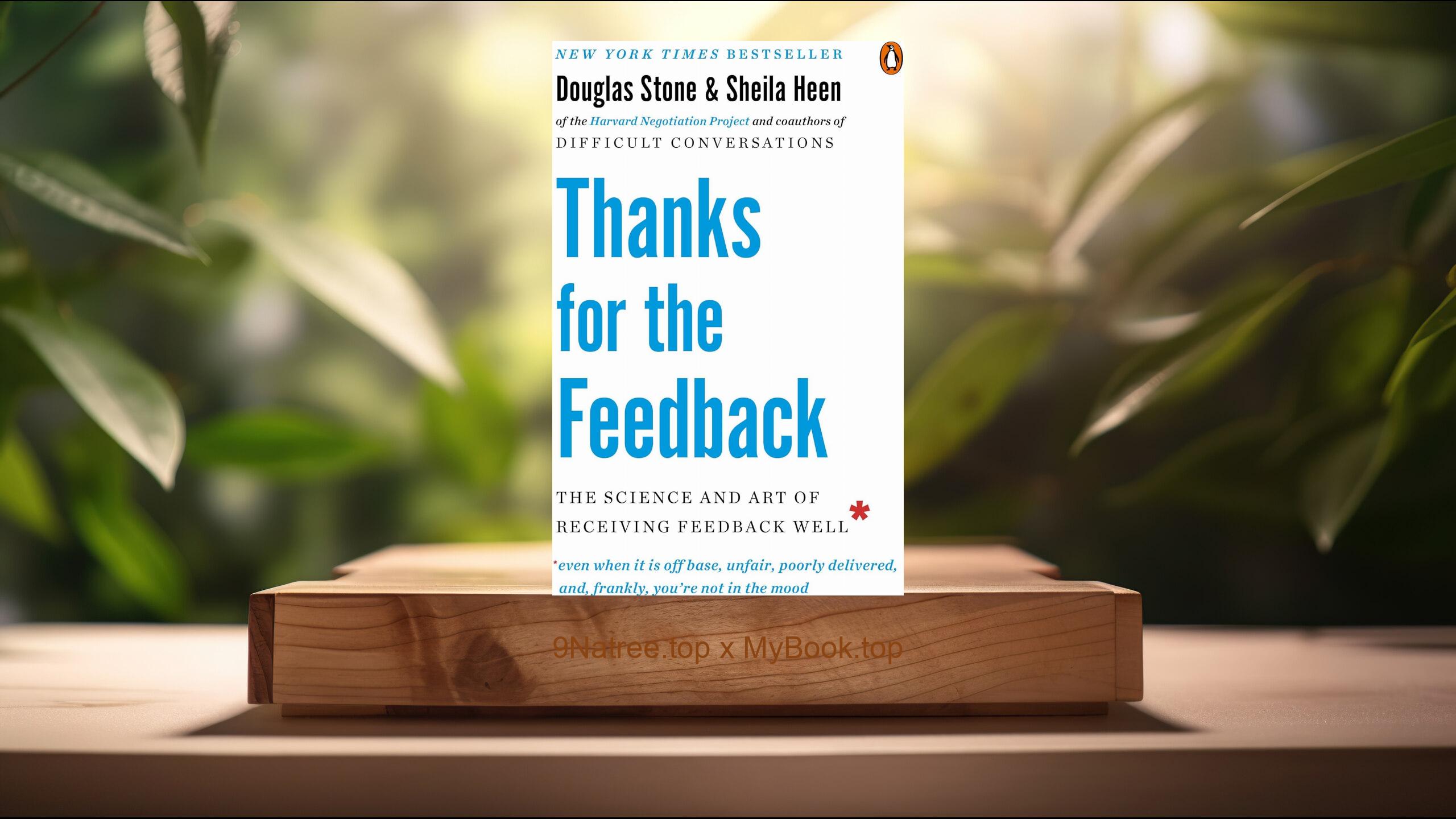Show Notes
Buy on Amazon: https://www.amazon.com/dp/B078962RHQ?tag=9natree-20
Read more: https://mybook.top/read/B078962RHQ/
#sustainablebusinesspractices #entrepreneurship #companyofone #businessgrowthstrategies #worklifebalance #personalsuccess #smallbusiness
These are takeaways from this book.
Firstly, Redefining Success in Business, In 'Company of One,' Paul Jarvis opens with a provocative question: what if success isn't about growing bigger, but about achieving goals that are more personal and sustainable? Jarvis argues that traditional metrics of success—such as higher revenue, more employees, and larger market share—are outdated and don't necessarily lead to satisfaction or sustainability. Instead, success should be defined by personal metrics like freedom, creativity, and the ability to live life on one's own terms. This topic challenges the reader to reconsider their preconceived notions about what success in business looks like and encourages the development of a mindset that values quality over quantity.
Secondly, The Benefits of Staying Small, Throughout 'Company of One,' Jarvis details the myriad benefits of maintaining a small operation. He explains that smaller companies can be more agile, allowing for quicker pivots and innovations in response to market changes. A reduced size also translates to lower overhead costs and the potential for higher profit margins. Perhaps most importantly, staying small can afford entrepreneurs greater work-life balance, as they're not perpetually chasing growth at the expense of personal health or happiness. This section delves into how the advantages of remaining lean and nimble outweigh the perceived prestige of scaling up.
Thirdly, Building Relationships and Trust, One of the core themes in 'Company of One' involves the significance of building authentic relationships and trust with customers, rather than focusing purely on acquisition and numbers. Jarvis argues that in a small business, the quality of connections and trust built with each customer is paramount. This trust leads to customer loyalty, repeat business, and word-of-mouth marketing, which are crucial for sustained success. The book provides practical strategies for building these relationships, emphasizing transparency, reliability, and personalization. This topic is a refreshing take on customer service and marketing that foregrounds human connection over impersonal tactics.
Fourthly, The Role of Technology in a Company of One, Jarvis does not shun technology; rather, he views it as a vital tool for enabling businesses to remain small and efficient. In 'Company of One,' technology is presented as a means to automate processes, manage tasks, and connect with customers in meaningful ways. However, Jarvis also warns against becoming overly dependent on technology for growth, arguing that this can lead to an unsustainable business model. This balance between leveraging technology to maintain efficiency and keeping the business human-centered is explored, offering readers insights into how to best use technological tools without losing sight of their business’s core values.
Lastly, Mindset Shift: From Growth to Sufficiency, One of the book's most transformative ideas is the shift from a growth mindset to one of sufficiency. Jarvis challenges the reader to consider whether they are pursuing growth for growth's sake, or if their business actually needs to grow to meet their personal and professional goals. By focusing on sufficiency—having enough to meet both needs and some wants—business owners can avoid the traps of perpetual discontent and burnout. This topic explores the psychological shift required to embrace this philosophy, including overcoming societal pressures and internalized beliefs about business success. It encourages finding contentment in what one has built rather than constantly seeking more.
In conclusion, Paul Jarvis's 'Company of One: Why Staying Small Is the Next Big Thing for Business' is a must-read for entrepreneurs, freelancers, and business owners of all types who are questioning the relentless pursuit of growth. It's especially relevant for those who are feeling the pressures of scaling up and are seeking a more sustainable, fulfilling way to approach their work. Jarvis’s arguments and practical advice make a compelling case for redefining success, prioritizing quality over quantity, and embracing sufficiency over surplus. By doing so, readers can find greater satisfaction in their business endeavors and personal lives. This book isn’t just about staying small; it’s about making big impacts in more meaningful, measured ways.
![[Review] Company Of One: Why Staying Small Is the Next Big Thing for Business (Paul Jarvis) Summarized](https://episodes.castos.com/660078c6833215-59505987/images/1703021/c1a-085k3-33223809tx25-gppf9r.jpg)




